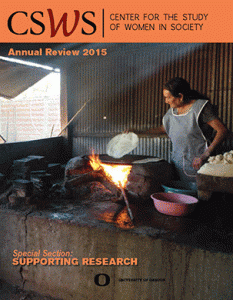Features:
- “Facing Up to Institutional Betrayal,” by Michael Hames-García, 2014-15 Director, CSWS
- “Sangita Gopal Joins CSWS Staff,” by Alice Evans, CSWS Research Dissemination Specialist
- “Retrospective,” by Gabriela Martínez, Associate Professor, School of Journalism and Communication
- “A Fruitful Collaboration,” by Margaret Hallock, Director, Wayne Morse Center
Special Section: Supporting Research:
- “Re-Thinking Research Time,” by Priscilla Peña Ovalle, Associate Professor, Department of English; Cinema Studies
- “Parenting without Protection: How Legal Instability Influences LGBT-Headed Households,” by Judith Raiskin, Associate Professor, Department of Women’s and Gender Studies and Alison Gash, Assistant Professor, Department of Political Science
- “Developing a Screening Tool to Identify Young Women with Autism Spectrum Disorder,” by Debra Eisert, Associate Professor, College of Education, and Haidee Copeland, PhD
- “Contingent Liberty in the Americas,” by Michelle McKinley, Associate Professor, School of Law
- “Bisexuality: Materials for Class,” by Jenée Wilde, PhD, Department of English (Folklore)
- “Gender, Time, and Sexual Violence,” by Megan M. Burke, PhD, Department of Philosophy
- “Gendered Internal Migration in Oaxaca, Mexico,” by Iván Sandoval-Cervantes, PhD candidate, Department of Anthropology
- “Immigration and Gendered Violence,” by Kathryn Miller, PhD candidate, Department of Political Science
- “California’s Prison Realignment and Its Effects on Female Probationers,” by Kristine Riley, master’s graduate, Conflict and Dispute Resolution Program
- “Came to Serve, Left Betrayed,” by Kristen M. Reinhardt, MS, PhD candidate, Department of Psychology
- “Visualizing Women’s Roles in Agriculture,” by Samantha King, PhD candidate, Department of Anthropology
Highlights from the Academic Year
Looking at Books

Facing Up to Institutional Betrayal
by Michael Hames-García, CSWS Director 2014-15, Professor, Department of Ethnic Studies
I am sitting in my therapist’s office. Long after my first women’s studies course, after learning the basic tenets of feminist critique, I hear myself say the words, “I mean, I really shouldn’t have had so much to drink. I should have known better than to get into his car. It was partly my fault for being so stupid.” She interrupts me: “It wasn’t your fault, Michael.” The exchange is so clichéd. Bad dialogue from an episode of Law and Order: Special Victims Unit.

Sangita Gopal Joins CSWS Staff
by Alice Evans, CSWS Research Dissemination Specialist

Retrospective
by Gabriela Martínez, Associate Professor, School of Journalism and Communication
I am honored to have served as the associate director of the Center for the Study of Women in Society for the past three years (2012-2015). CSWS has been, for me, one of the most intellectually nurturing places on campus, a place where I was allowed to explore and learn about the significance and complexities of running a research center at a university.

A Fruitful Collaboration
by Margaret Hallock, Director, Wayne Morse Center
The Center for the Study of Women in Society has been a big part of my career at the University of Oregon. I had the honor and pleasure of working with nearly all of the center’s directors—Joan Acker, Cheris Kramarae, Sandra Morgen, and Carol Stabile in particular.

Re-thinking Research Time
by Priscilla Peña Ovalle, Associate Professor, UO Department of English
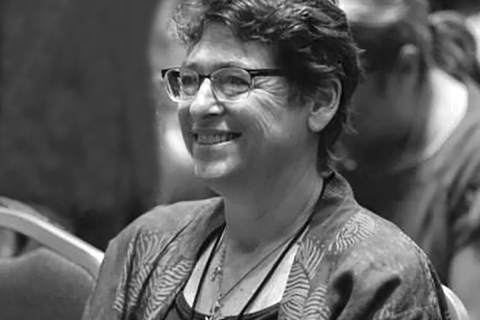
Parenting Without Protection: How Legal Instability Influences LGBT-Headed Households
by Judith Raiskin, Associate Professor, Department of Women’s and Gender Studies and Alison Gash, Assistant Professor, Department of Political Science
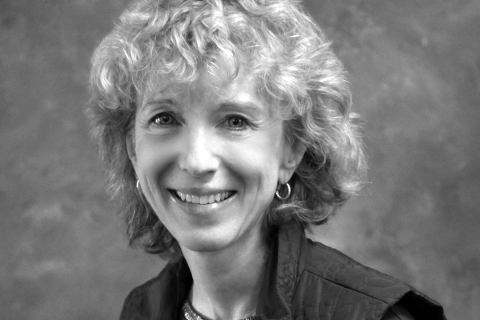
Developing a Screening Tool to Identify Young Women with Autism Spectrum Disorder
by Debra Eisert, Associate Professor, College of Education and Haidee Copeland, PhD
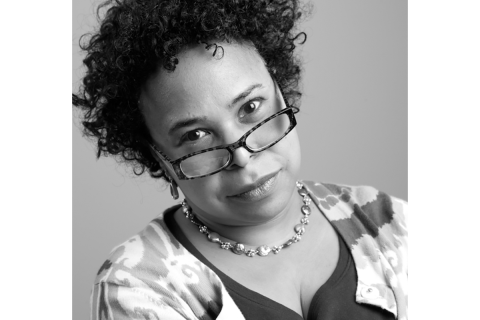
Contingent Liberty in the Americas
by Michelle McKinley, Bernard B. Kliks Associate Professor of Law, School of Law
In 1672, Catalina Conde, a mulata slave, asked the ecclesiastical court in Lima, Peru, to issue censuras, summoning any witnesses who possessed knowledge or evidence about her paternity. Catalina used the process of censuras—akin to spiritual subpoenas—to strengthen her case against her father’s widow, who refused to honor her husband’s promise to free Catalina after his death.

Bisexuality: Materials for Class
by Jenée Wilde, PhD, Department of English (Folklore)
My graduate work was shaped in part by a noticeable absence. In my gender and queer studies courses, I read theoretical and sociological studies of lesbian, gay, transgender, and queer people, often shorthanded as LGBTQ. Wait a minute . . . something is missing. What happened to the “B” in all this theory and research?

Gender, Time, and Sexual Violence
by Megan M. Burke, PhD, Department of Philosophy
My research is a reflection on how sexual violence is encrusted into bodily life and norms of gender.
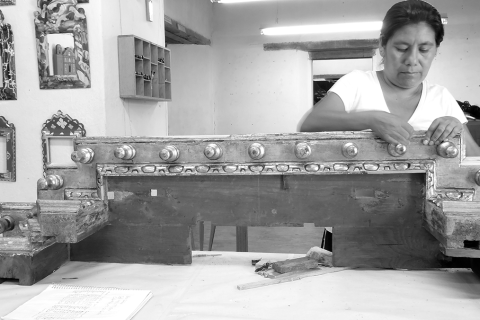
Gendered Internal Migration in Oaxaca, Mexico
by Iván Sandoval-Cervantes, PhD candidate, Department of Anthropology
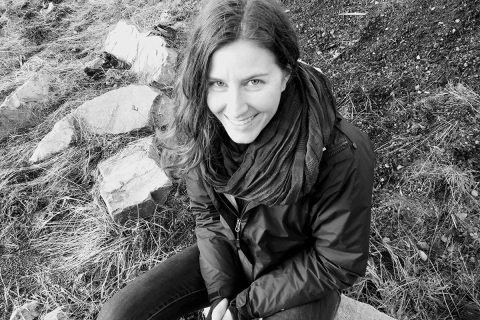
Immigration and Gendered Violence
by Kathryn Miller, PhD candidate, Department of Political Science
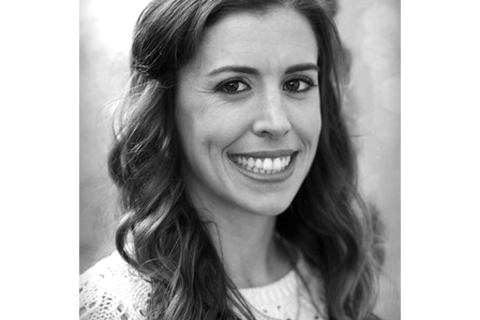
California’s Prison Realignment and Its Effects on Female Probationers
by Kristine Riley, master’s graduate, Conflict and Dispute Resolution Program
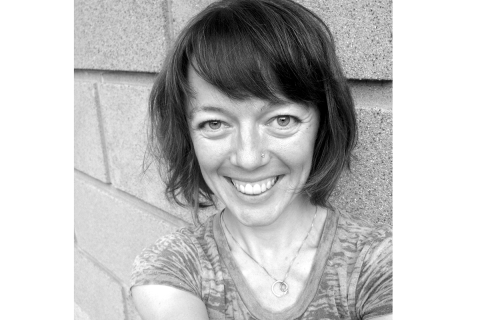
Came to Serve, Left Betrayed: Violence Against Women in the Military
by Kristen M. Reinhardt, M.S., PhD candidate, Department of Psychology (Clinical Psychology)
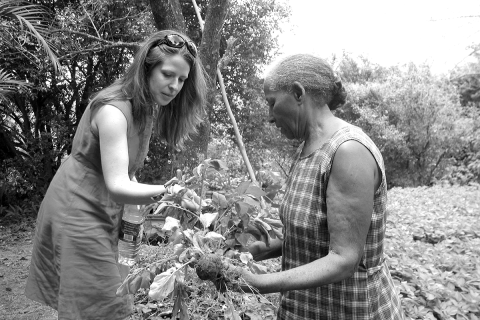
Visualizing Women’s Roles in Agriculture: Gender and the Local Food Economy in the Commonwealth of Dominica
by Samantha King, PhD candidate, Department of Anthropology, University of North Carolina at Chapel Hill
The Commonwealth of Dominica is a rural island nation in the Eastern Caribbean in which most households depend upon agriculture, both for subsistence and exchange. Production is dominated by small family farms that supply global export markets as well as the intra- and inter-island trading networks that comprise a robust yet poorly-understood local food economy.


